Salome Zurabishvili, President of Georgia, believes that a future diplomatic settlement of Russia’s full-scale war against Ukraine should include the issue of the withdrawal of Russian troops from the occupied Georgian territories, from Ossetia and Abkhazia.
Ms. Zurabishvili stated this in an interview with Bloomberg:
“Russia must remember where its borders are. The Georgian issue must be discussed, because no one must think that this war can be resolved without Russia’s retreat from all the occupied territories.”
According to the President of Georgia, the decisive defeat of the President of Russia in Ukraine is rapidly approaching, and “Russia has already almost lost the battles, if not completely the war,” therefore:
“If the West does not demand the complete withdrawal of the occupying forces by Russia, then it will make another big mistake – as big as in 2008, 2014.”
In August 2008, Russian troops entered Georgia and proclaimed on 1/5 of its territory two unrecognized states in the world – South Ossetia and Abkhazia. In August 2022, the Ministry of Foreign Affairs of Georgia, on the 14th anniversary of the Russian-Georgian war, called on Russia to “stop illegal actions”, implement the ceasefire agreement of August 12, 2008 and withdraw the armed forces from the occupied territories of Georgia.
Nearly a year after Russia invaded Ukraine, the outcome of the war remains far from clear as both sides prepare for decisive battles in the spring. The U.S. and Ukraine’s European allies have increased arms shipments to support Kyiv forces against a large-scale offensive that officials fear Russia may be planning.
Zurabishvili’s criticism of Russia has put her at odds with the Georgian government, which is trying not to irritate Putin over his invasion of Ukraine. Although condemning Russia’s “unjustified” aggression, Prime Minister Irakli Garibashvili did not impose sanctions against the Russian Federation and refused to provide military assistance to Ukraine, accusing critics of his policy of seeking to “create a second front in Georgia,” notes Bloomberg.
The country of less than 4 million has expanded trade with its northern neighbor and welcomed tens of thousands of Russians who have fled the country, generating a $2 billion windfall for Georgia’s economy last year.
Zurabishvili, 70, was elected Georgia’s first female president in 2018 and is formally the commander-in-chief. In the interview, she made it clear that she recognizes the limits of her ability to influence politics, although she noted that her outspoken support for Ukraine has support among Georgians.
Meanwhile, the journal The Economist writes that Georgia is still much less authoritarian than Russia or Belarus, but it is rapidly moving into Moscow’s sphere of influence. Reflections on this in an article entitled “Georgia is drifting into the orbit of the Kremlin. Once the West saw it as a beacon of freedom”:
“The political opposition is under surveillance. Georgia’s application for candidate status in EU was sent last June with a list of 12 demands that the government appears to be in no hurry to implement.”
The article is devoted to the topic of the persecution of Mikheil Saakashvili by the current Georgian authorities:
“Today, it is the Kremlin that is praising Georgia, the country it invaded in 2008, for following its own line and refusing to join Western sanctions against Russia. Saakashvili, 55, is under guard in a hospital on the outskirts of Tbilisi, battling dementia and muscular atrophy. His mother, who visits him every day, says he has memory lapses and needs a walker.”
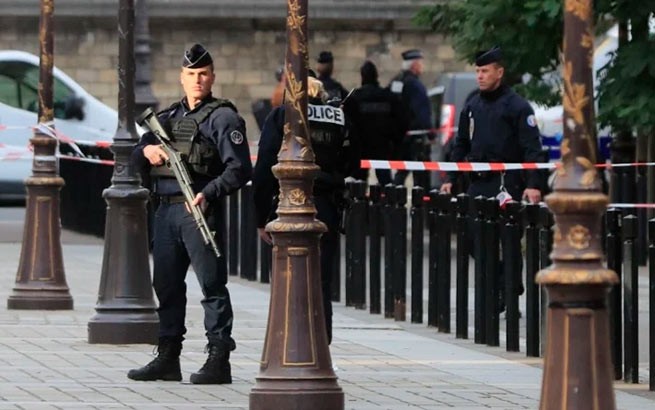
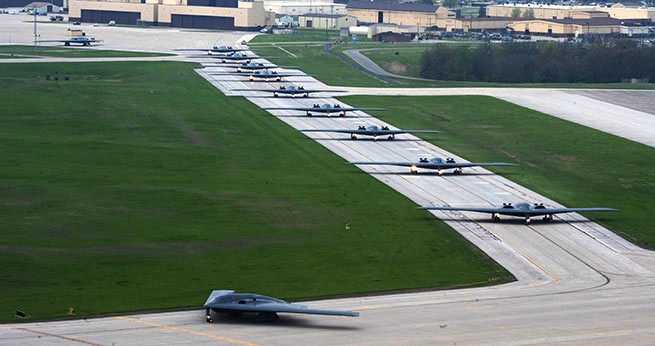

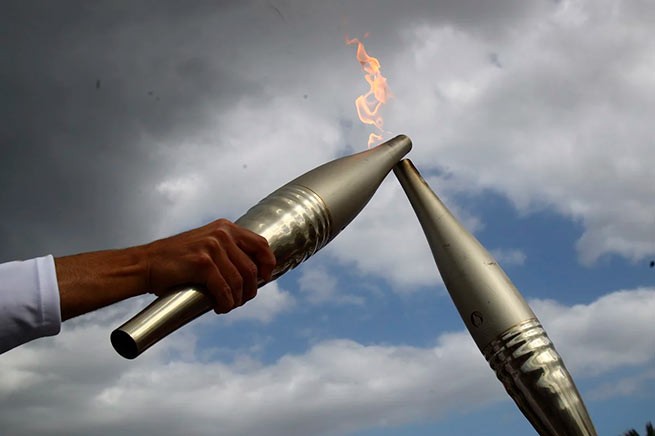
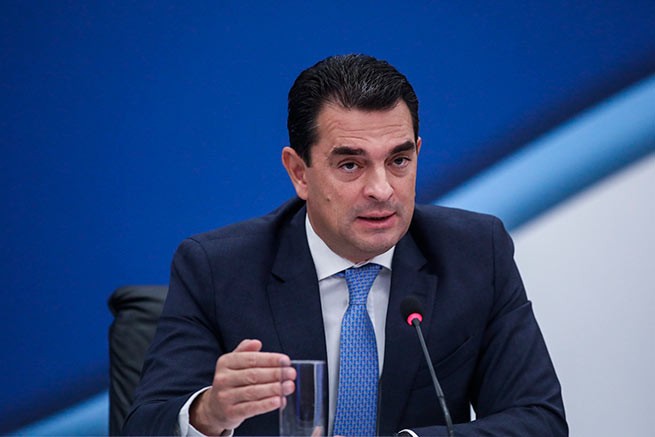
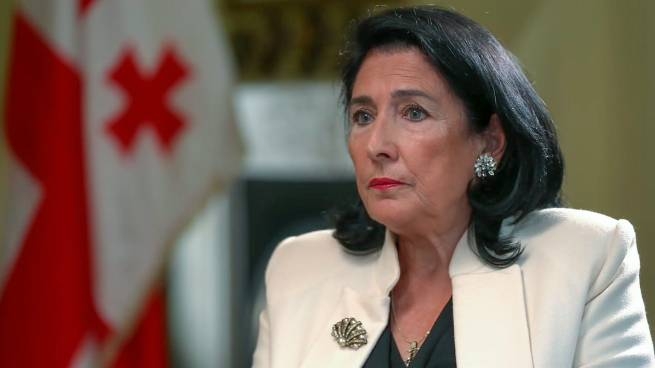

More Stories
4 scenarios for the development of the war in Ukraine
There was a scandal in Cyprus over the Prime Minister's plane, donated by K. Mitsotakis
Nuclear wrestling between the USA and Russia: are we heading towards the use of strategic weapons?